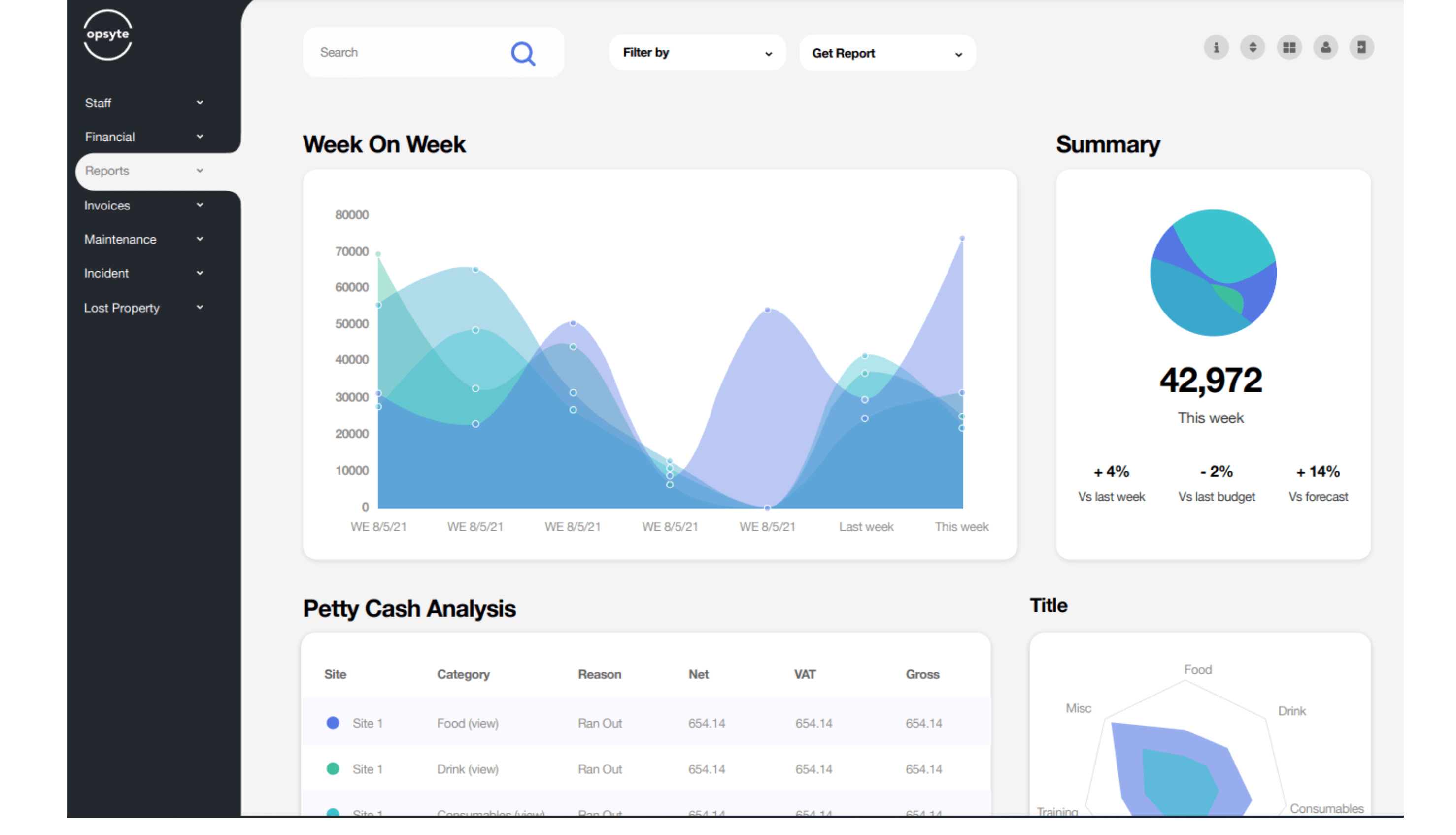Home Office guidance on right to work checks changed on 1st July 2021. Click here for the direct article.
The requirement for employers to complete pre-employment right to work checks on all employees in the UK remains. Carrying out checks in line with Home Office requirements gives the employer a statutory excuse to a civil penalty of up to £20,000 per illegal worker.
But how has the UK’s departure affected Right to Work (RtW) checks for you? Read this blog for our top tips on things that you may need to watch out for since the introduction of these changes:
1) EEA/Swiss passports and ID cards are no longer valid for Right to Work.
From 1st July 2021 EEA citizens can no longer rely on their EEA passports or national ID card for Right to Work verification and any potential employee from these areas will need to prove their immigration status in the UK, in the same way as other foreign nationals.
However some EEA nationals may still have other forms of leave in the UK, such as a Visa or other endorsement in a Passport. You should check the List A and List B documents which have been updated in line with what is acceptable and you should always make sure you capture all parts of the required evidence before employment.
2) Proof of the EU Settlement Scheme should be via a ‘share code’
Many EEA citizens have made applications to the EU Settlement Scheme (EUSS) and will have been provided with digital evidence of their UK immigration status. They can evidence their right to work by sharing their immigration status digitally with you, their employer, using a ‘share code’. The employee can provide this share code to you directly or via an email from the online service.
To prove their EUSS status, you must use the share code. It is not sufficient to view the information provided to the employee when they view their own profile on the Home Office online right to work checking service. This means that accepting the following images will not give you a statutory excuse:
- A screenshot image taken by the candidate from their online EUSS account
- A printout of an employee’s Right to Work status from the EUSS scheme
- An upload of the Home Office confirmation letter, stating they have been granted pre-settled or settled status.
3) Always check that your applicant matches their photo
Whether you’re checking a physical identity document or using an online share code, it’s important that you check the image in the photograph against the live person. Just like a passport, a share code could have been generated and then either sold to or obtained fraudulently by other people. So, this face match check helps to ensure that the person proving their Right to Work isn’t an imposter and is the legitimate holder of the document or share code.
4) You don’t need to carry out retrospective checks
The latest Home Office guidance states that retrospective checks are not required for EEA nationals whose right to work was checked by 30th June 2021, even if their employment with you starts after this date.
5) You don’t have to check original documents until 1st September 2021
Temporary guidance which allows employers to complete right to work checks remotely will now remain in place until 31st August 2021 with the requirement to check original documents currently due to resume from 1st September. Since March 2020, temporary changes to RtW guidance have allowed employers to conduct the checks remotely, rather than see original documentation in the presence of the holder. It’s important to note that from 1st September, accepting a scanned copy or a photo of original documents will not provide an employer with a defence against a civil penalty. The Home Office have also confirmed that you don’t need to carry out retrospective checks on employees who had a COVID-19 adjusted check during the period of temporary guidance.



